Happy employees are productive employees. They stay longer at the company, work better, are more accessible to motivate, and are more readily available to share ideas and promote internal innovation. Most of all, they help build a company that maintains a positive and future-facing culture. But how do we get there?
At Syone, we believe that employee well-being is not just a corporate responsibility but a strategic necessity. By prioritizing work-life balance, personal development, recognition, and comprehensive benefits, we’ve seen firsthand how these efforts can enhance satisfaction, improve retention, and drive meaningful results.
Work-Life Balance: The Foundation of Well-Being and Productivity
Research has long established a strong correlation between work-life balance and employee satisfaction (Berg et al., 2003). At Syone, we’ve made it a priority to create environments where employees can achieve this balance.
By enabling manageable workloads and offering policies that accommodate personal responsibilities, we empower our teams to bring their best selves to work daily.
This focus on balance aligns with the growing understanding that employees thrive when they feel supported professionally and personally, driving satisfaction and productivity. Some of our initiatives include:
- Offering wellness programs: Our People Care Program includes mental health resources, legal and financial advice, and social support.
- Implemented structured work hours: Avoiding an “always-on” culture by respecting boundaries and encouraging employees to disconnect after work
Workplace Flexibility: A Key Differentiator for Talent Retention
Flexibility in work arrangements is a cornerstone of our employee experience strategy. Offering options like hybrid work, flexible hours, and adaptable schedules is not just about convenience—it's about respect. As proponents of Open Source Culture, we know that our employees perform best when they can work in ways that align with their unique circumstances.
This approach has proven invaluable in attracting and retaining top talent, especially in today’s market, where flexibility is a top priority for professionals.
Employees who feel trusted to manage their time are more loyal, engaged, and productive.
This dynamic echoes earlier research by Batt and Valcour (2003), which found that harmonious work-life balance fosters organizational commitment and efficiency. Therefore, companies must consider policies such as flexible hours, hybrid work options, and reasonable task distribution to create a sustainable work environment.
Personal Development: Investing in Employee Growth
We are deeply committed to the growth and development of our employees. We ensure that our team members can grow alongside the company by providing opportunities for upskilling, leadership training, and role evolution.
This investment in development doesn’t just prepare employees for more significant responsibilities—it also strengthens our organizational capacity by building an internal pipeline of skilled and engaged professionals.
We firmly believe that investing in our employees' skills and ambitions is an investment in the company’s future. Our approach to personal development includes:
- Skill enhancement programs like UP Skill, which sponsors courses, certifications, and workshops that align with both employee interests and business needs.
- Mentorship opportunities: Our Buddy system helps newcomers connect to Syone’s culture, pairing a trusted member of our company with their new buddy, fostering connections, and giving newcomers a warm welcome in the form of a guide always available to show them the ropes.
Recognition and Appreciation: The Direct Path to Satisfaction
Recognition is more than a gesture—it’s a critical component of our culture. Whether through formal awards or casual acknowledgments, we consistently strive to ensure our employees feel valued.
We know that celebrating contributions is about more than boosting morale; it fosters a culture of mutual respect and inspires our teams to excel. Recognition builds connections, reinforces commitment, and creates a sense of purpose within the organization.
These simple yet impactful actions show employees that their efforts matter, fostering a sense of purpose and belonging within our teams.
Reasonable Challenges and Learning Opportunities
Growth often comes from overcoming challenges, and at our company, we ensure those challenges are achievable and supported. We view mistakes not as failures but as opportunities for learning, encouraging employees to tackle tasks confidently.
By fostering a growth mindset, we create an environment where employees are excited to innovate and take on responsibilities that align with their ambitions. This dynamic benefits both individual career development and the organization's collective success.
Actionable Steps for Leaders
To implement a well-being-centered approach, leaders should consider the following:
- Conduct regular well-being surveys to understand employee needs and expectations.
- Build a culture of open communication where employees feel comfortable sharing feedback about workloads and benefits.
- Prioritize mental health resources, including Employee Assistance Programs (EAPs) and confidential counseling.
- Celebrate milestones and achievements—from small wins to significant accomplishments.
- Measure success: To assess the impact of well-being initiatives, use metrics such as employee satisfaction scores, retention rates, and productivity data.
Final Notes
At Syone, we understand that employee well-being is integral to business success. We foster balance, flexibility, recognition, growth, and security to build a workplace where employees thrive.
This isn’t just about keeping up with trends—it’s about leading with intention. We’re building a future where well-being and productivity go hand in hand.
Notes and References
- Berg, P., Kalleberg, A. L., & Appelbaum, E. (2003). Balancing Work and Family: The Role of Flexible Work Arrangements in Productivity and Retention.
- Batt, R., & Valcour, P. M. (2003). Human Resources Practices as Predictors of Work-Family Outcomes and Employee Turnover.
Want to take your career to a new level? Check out our current openings!








